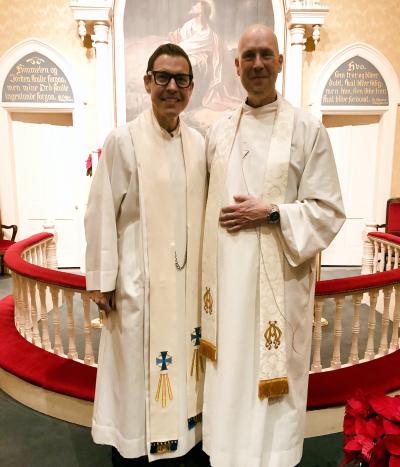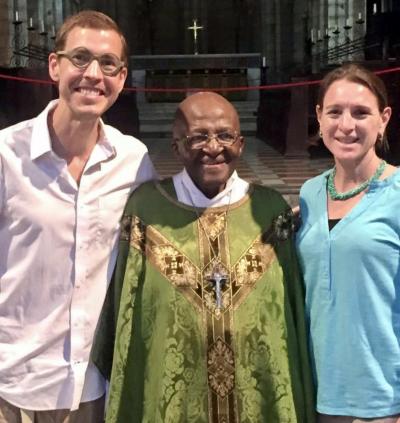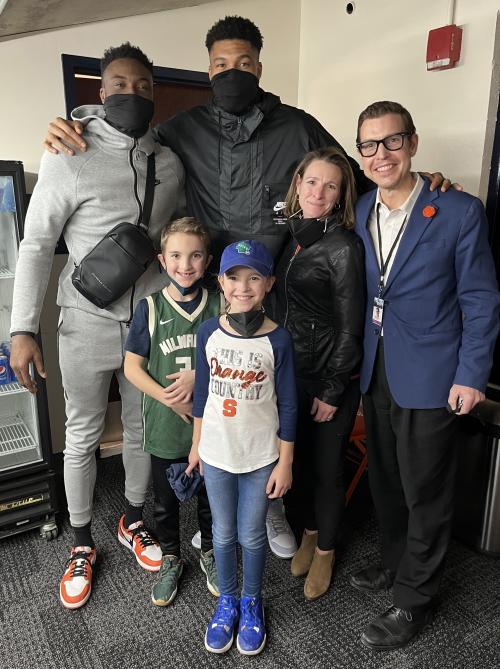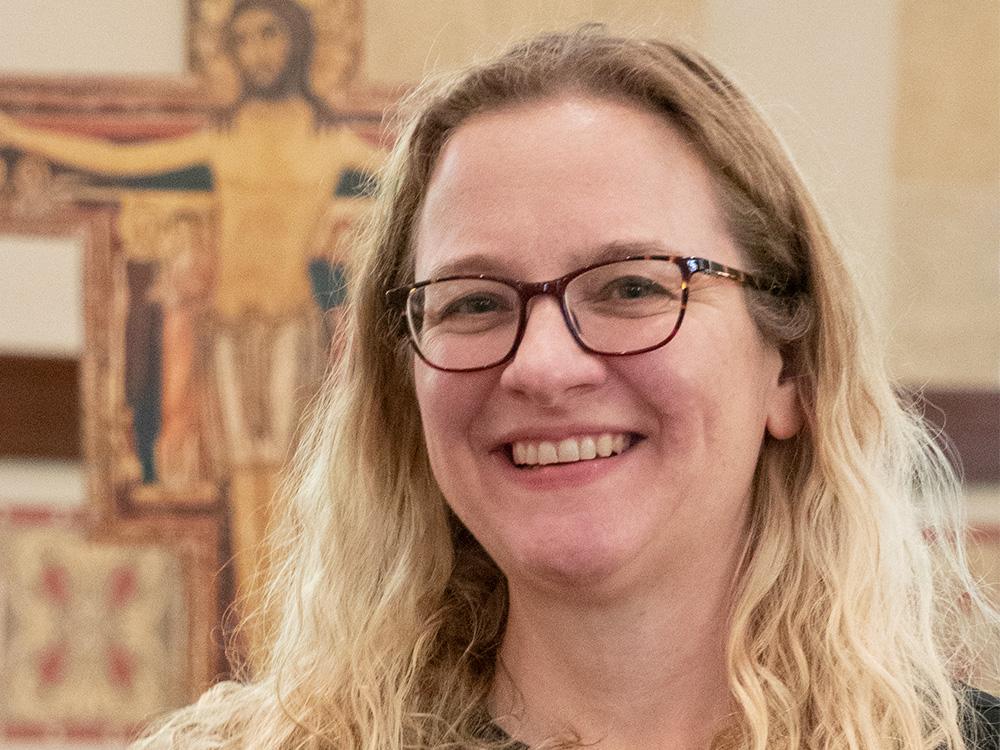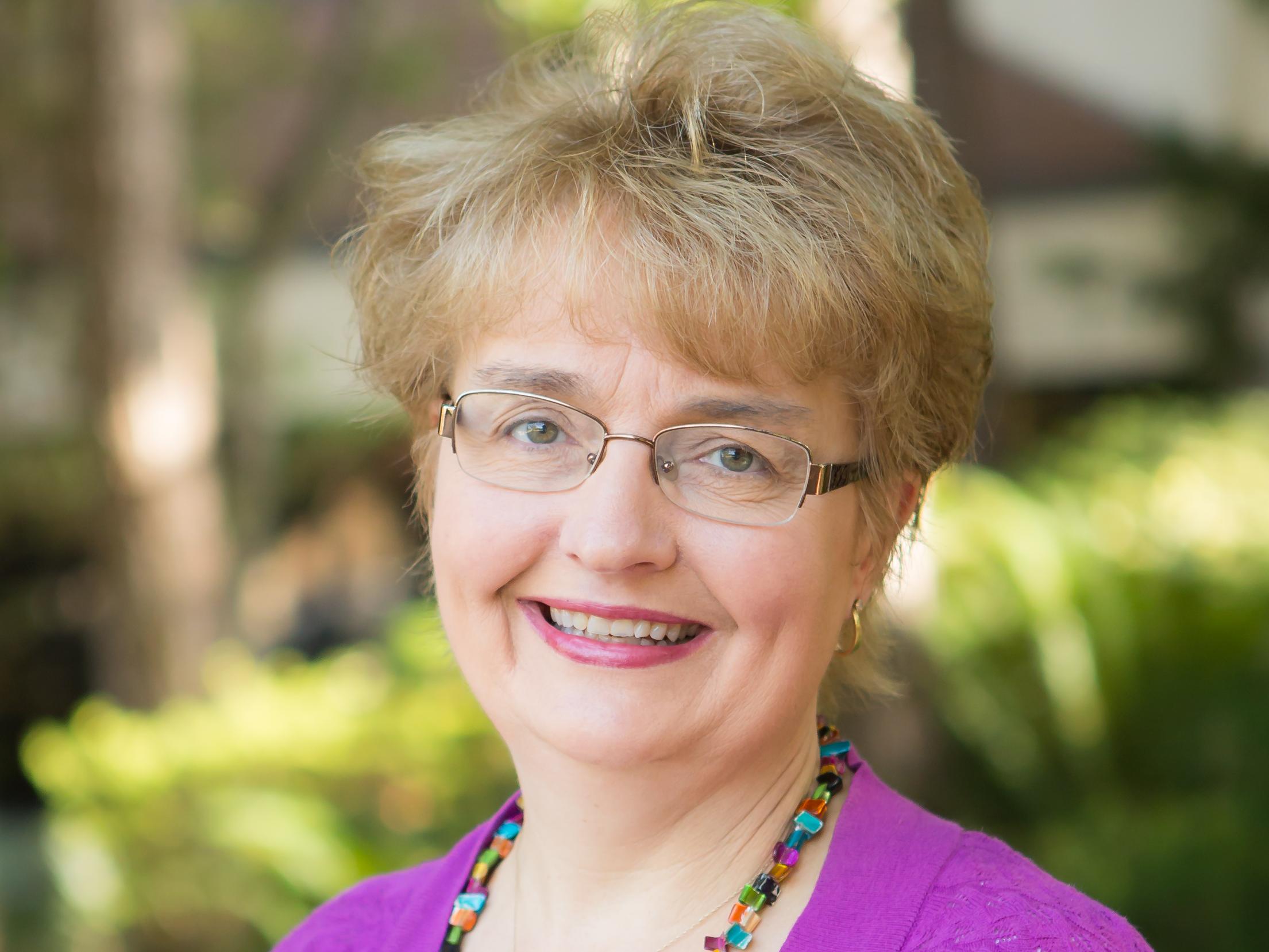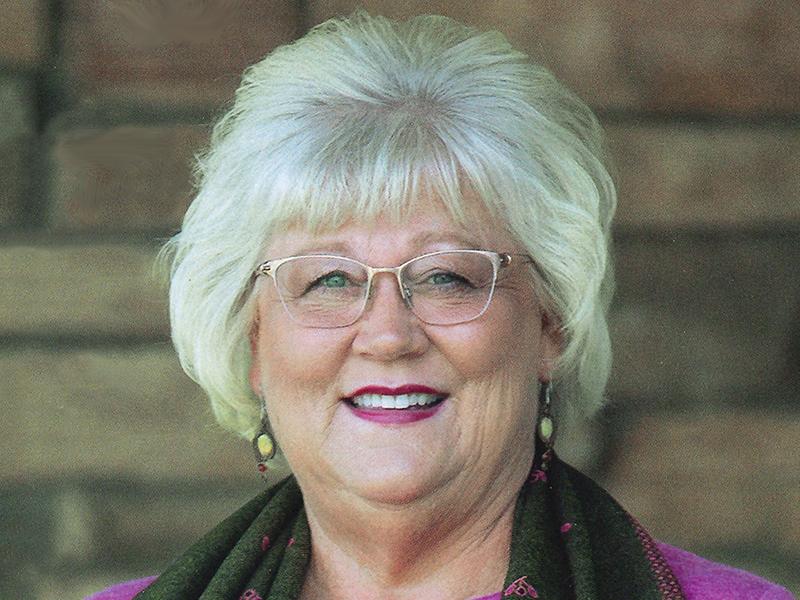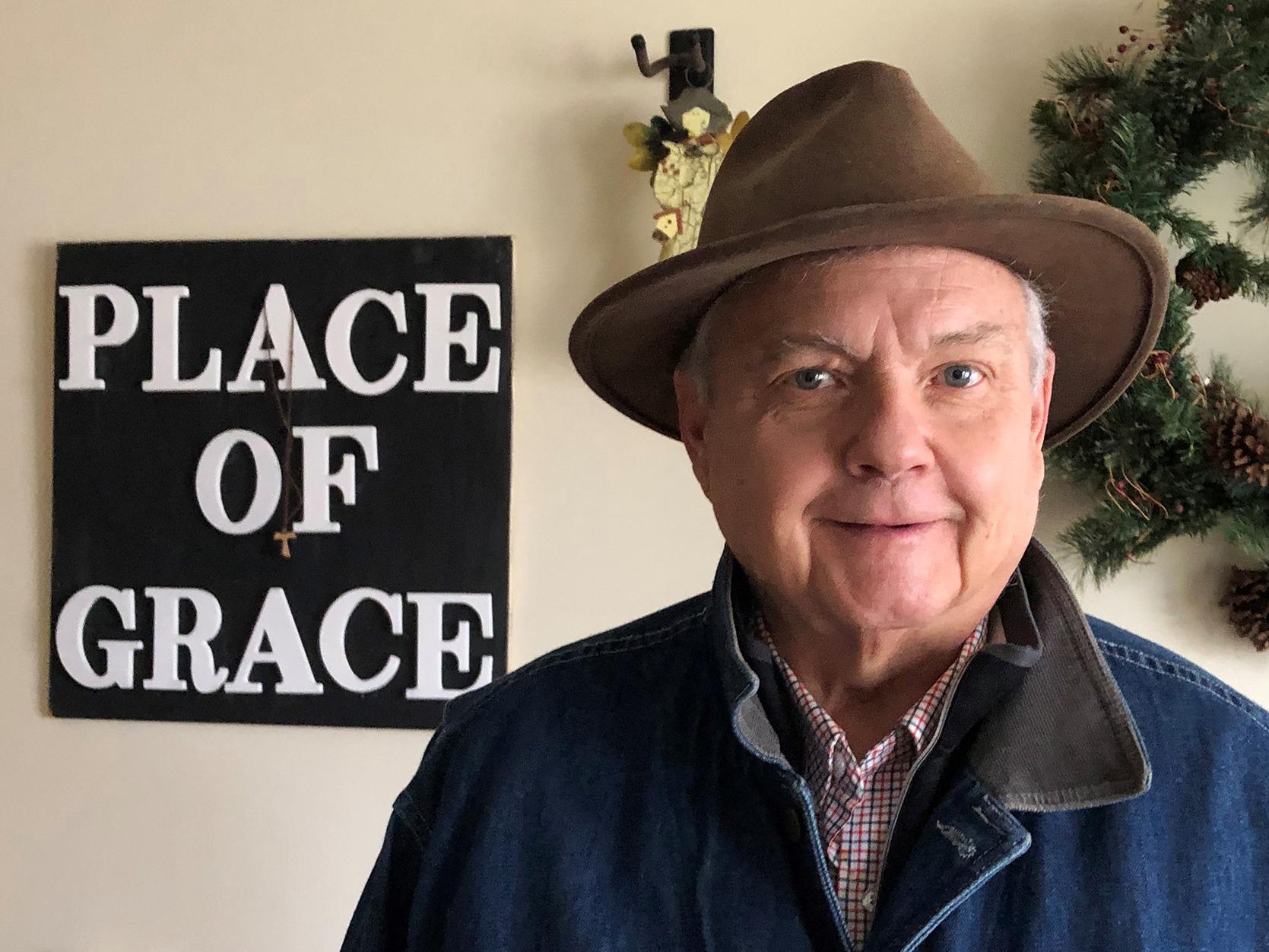The Rev. Brian Konkol ’01 gushes when he talks about his time at Viterbo, but he doesn’t think of those years as a V-Hawk as the best years of his life. And in his book, that’s a good thing.
For almost five years, Konkol has been dean of Hendricks Chapel at Syracuse University, where he also is a religion professor and member of the chancellor’s executive team. He has given a lot of thought to what college should be for students, both at Syracuse and in general.
“I want our students to have an excellent time here, of course,” Konkol said. “But if these are the best years of their life, we have failed them miserably.”
Konkol without doubt had an excellent time at Viterbo. Recruited for the basketball team, he came to Viterbo 25 years ago next fall, intent on earning a degree in criminal justice, a first step toward law school and a career as an attorney. He came with a thirst for knowledge and experience, broadening his horizons with classes in jazz, dance, theatre, nutrition, and religion.
“I tried to drink in as much of the liberal arts as I possibly could,” he said. “College should be about the education of the full person. At Viterbo, my life was enriched and transformed.”
How much was his life transformed? Konkol veered away from a career in law toward a life of faith and ministry.
He still walked away from Viterbo with a criminal justice degree (and a minor in psychology), and he has no regrets about not getting a theology-related undergrad degree.
“It was the right degree,” said Konkol, a former member of the Viterbo University Board of Advisors and winner of a 2008 Distinguished Alumni Award. “Learning about structures and systems and how it is ultimately that we treat people fairly and that all people have dignity, regardless of the choices that they make. To this day it serves as a tremendous foundation. Viterbo for me provided far more than just a ticket to an entry level job. It provided for me a trajectory toward a very fulfilling life.”
After earning a Master of Divinity Degree from Luther Seminary in St. Paul, Minn., Konkol’s life trajectory took him overseas for eight years. He served as pastor at a Lutheran church in the South American country of Guyana before spending almost five years in South Africa as country coordinator for the Evangelical Lutheran Church in America’s Young Adults in Global Mission program. While in South Africa he earned his doctoral degree in theology from the University of KwaZulu-Natal.
“Having that global perspective is really important. Seeing ourselves as citizens of the world, that’s always going to be part of me,” Konkol said. “For me, living overseas was an awakening to all the ways we are connected.”
Returning to the U.S., Konkol served a year as pastor at a Madison area church before diving back into the world of higher education as college chaplain at Gustavus Adolphus College in St. Peter, Minn. After four years there, Konkol took on his role at Syracuse University, an institution with a storied history and long list of illustrious alumni, from American Bandstand host Dick Clark, sportscaster Marv Albert, and rocker Lou Reed to writer Aaron Sorkin, actor Frank Langella, and President Joe Biden.
“There’s a spirit and soul to this place that I find remarkable. It’s been far better than I could have ever imagined,” Konkol said of Syracuse, where his work is centered at the intersection of ministry, education, and administration.
As dean of Hendricks Chapel, he is responsible for sustaining, nurturing, and enhancing the spiritual, religious, and ethical lives of students, faculty, and staff. He’s dealing with people from at least 30 religions, from all corners of the globe, and Hendricks Chapel has nine chaplaincies.
While he grew up in (and finds great comfort in) his Lutheran faith, Konkol has deep respect for the myriad faith traditions through which people find meaning and connection. A portrait of St. Francis greets visitors who enter his home in Syracuse — which he shares with his wife, Kristen, and their two children, 11-year-old son Khaya and 9-year-old daughter Tobi.
Konkol’s ecumenical nature also is demonstrated by his co-founding of the Fellowship for Emerging Leaders in Ministry with Fr. David McCallum of Le Moyne College, a private Jesuit institution also located in Syracuse. The program aims to help leaders of Christian churches improve their leadership and community-building skills and raise their level of vocational fulfillment.
In addition to his Hendricks Chapel duties, Konkol also is in the inner circle of campus leaders advising the Syracuse chancellor, and he very much treasures the chance to teach his global Christianity class at Syracuse.
Konkol considers writing another form of teaching, one that can reach a lot more people than he ever could with students in traditional classes. Konkol has published one book, Mission as Accompaniment: A Response to Mechanistic Dehumanization, a scholarly examination of how Christians can best have a global impact today. “The book says that to be Christian missionaries today is not necessarily about trying to convert individual belief but rather about changing the way we are connected,” he said. “It’s not a matter of whether we are connected but how we are connected.”
He also has written pieces for the Huffington Post and now is working on two books. One is Truth About Reconciliation, a project with people he got to know in South Africa that addresses “the blessings and the burden of trying to make whole that which is broken.”
The other book is more personal, like a memoir, sharing his “reflections on the dynamic intersection of faith and education.” The working title for this book is Sacred Education.
Konkol works hard and is driven to achieve his goals, but it’s rooted not in raw ambition but in his determination to be his best self, a faithful “person of joy,” a good father and husband, a role model who sets an example through his attitude and approach to living.
“Instead of having a to-do list, I try to have a to-be list. However that shakes out, I’m going to live with that,” he said. “I’m reminded that I’m a human being first, not a human doing. And thriving is when our being is aligned with our doing.”


